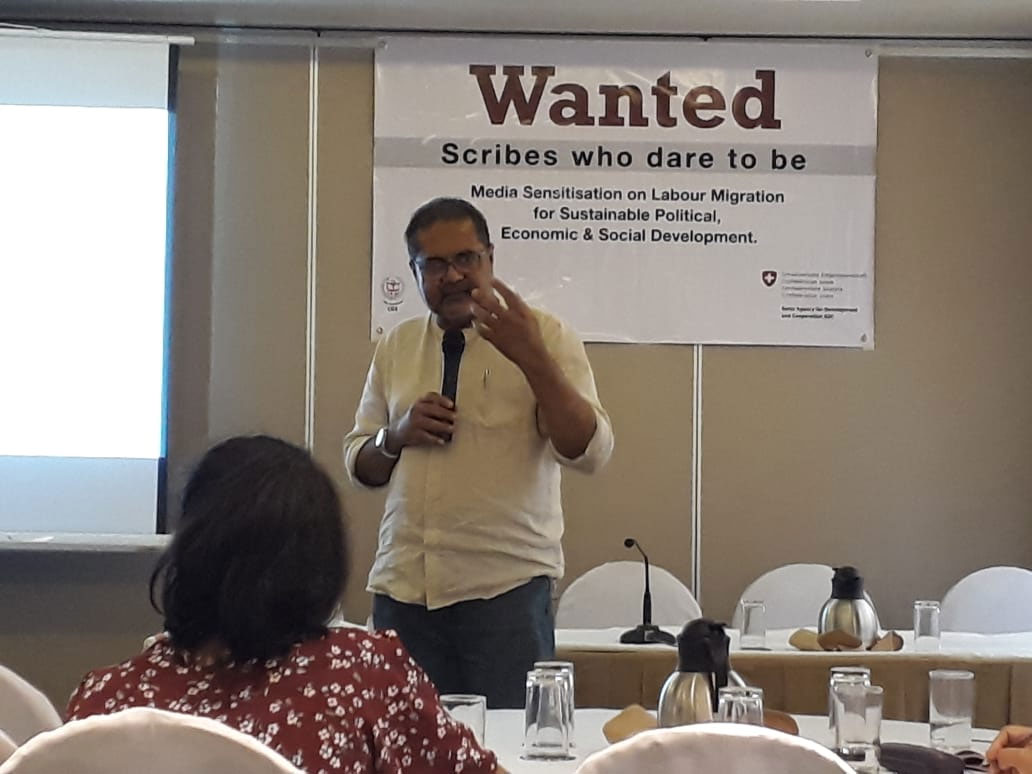- We’re expanding Facebook Protect, our security program for groups of people that are more likely to be targeted by malicious hackers, such as human rights defenders, journalists, and government officials.
- No action is required unless you’re prompted to enroll.
- We’re also making it easier for these groups of people to set up two-factor authentication.
As part of our ongoing improvements to security, we’re expanding Facebook Protect, a program designed for people that are likely to be highly targeted by malicious hackers, including human rights defenders, journalists, and government officials.
These people are at the center of critical communities for public debate. They enable democratic elections, hold governments and organizations accountable, and defend human rights around the world. Unfortunately this also means that they are highly targeted by bad actors.
Facebook Protect helps these groups of people adopt stronger account security protections, like two-factor authentication, and monitors for potential hacking threats.
We first tested Facebook Protect in 2018 and expanded it ahead of the 2020 US election. We began our global expansion in September of this year. Since then, more than 1.5 million accounts have enabled Facebook Protect, and of those, nearly 950K accounts newly enrolled in two-factor authentication. We are on track to expand the program to more than 50 countries by the end of the year, including the United States, India, and Portugal.
No action is required unless you get a notification on Facebook that you’re eligible to enroll.
Mandating Protections For Most Targeted People
Two-factor authentication — particularly by using third-party authentication apps — significantly improves the security of your online accounts. Right now, anyone can enroll in two-factor authentication and everyone should.
However, this important feature has been historically underutilized across the internet — even by people that are more likely to be targeted by malicious hackers, such as journalists, activists, political candidates and others.
With Facebook Protect, we worked to make enrollment and use of two-factor authentication as frictionless as possible for these groups of people by providing better user experience and support. We’re also starting to require that they use it. We know that there will always be a small subset of users that won’t immediately enroll, for example those that happen to be less active on our platform at the time of a given mandate. However, we believe this is an important step forward for these highly targeted communities. What we’ve seen so far is encouraging: in early testing, simplifying our enrollments flows, improving customer support, and mandating Facebook Protect brought adoption rates to over 90 percent in one month for these groups.
Over the next several months, we’re going to carefully expand this requirement globally. We’re encouraged by our early findings and will continue to improve Facebook Protect over time.





